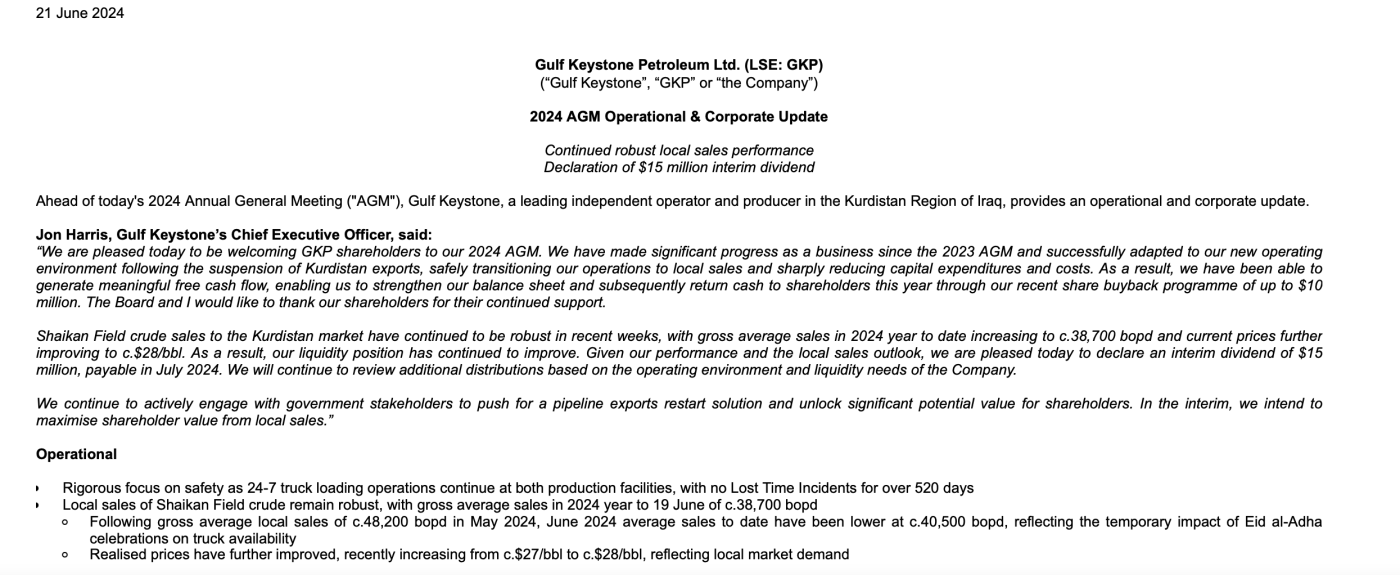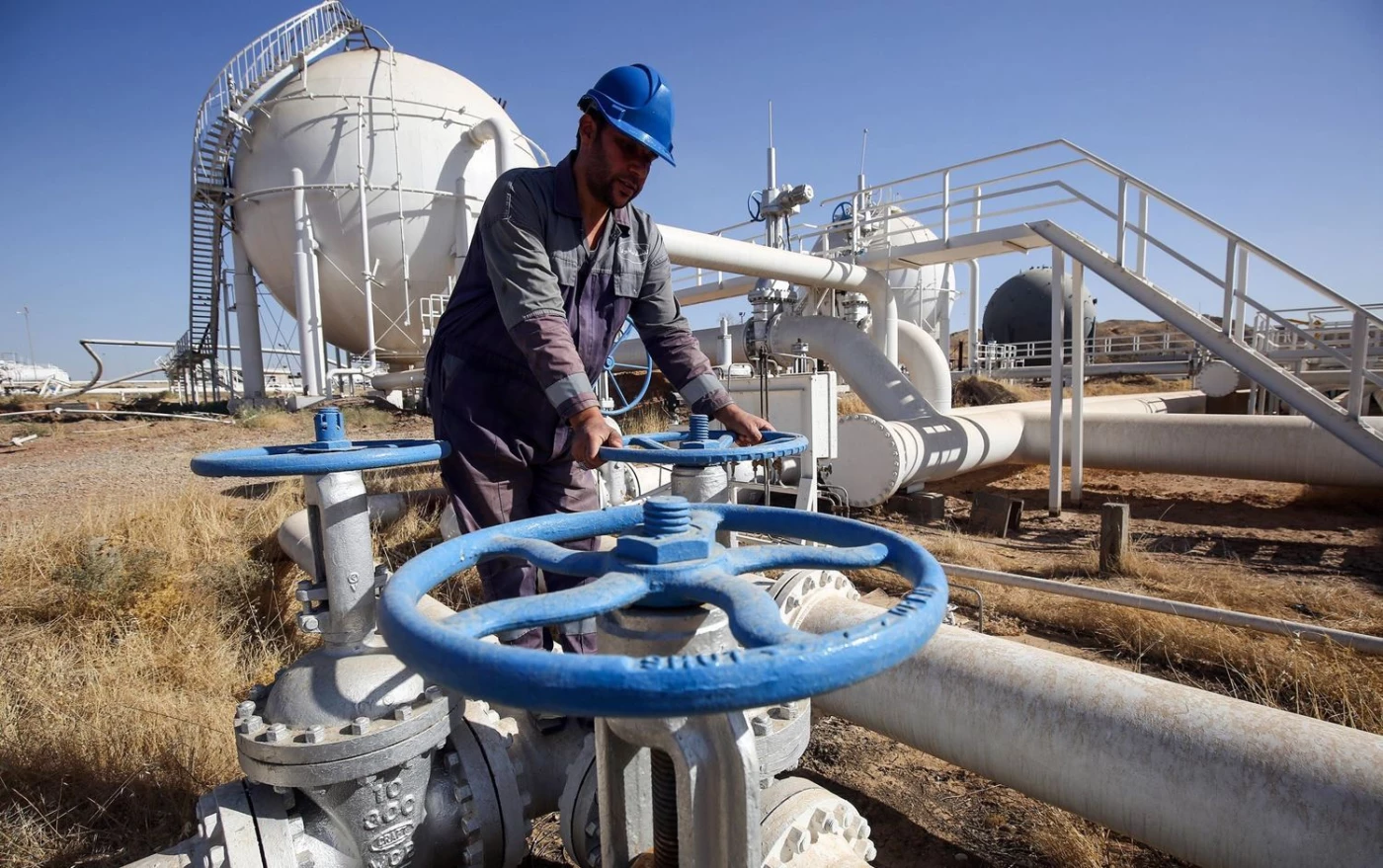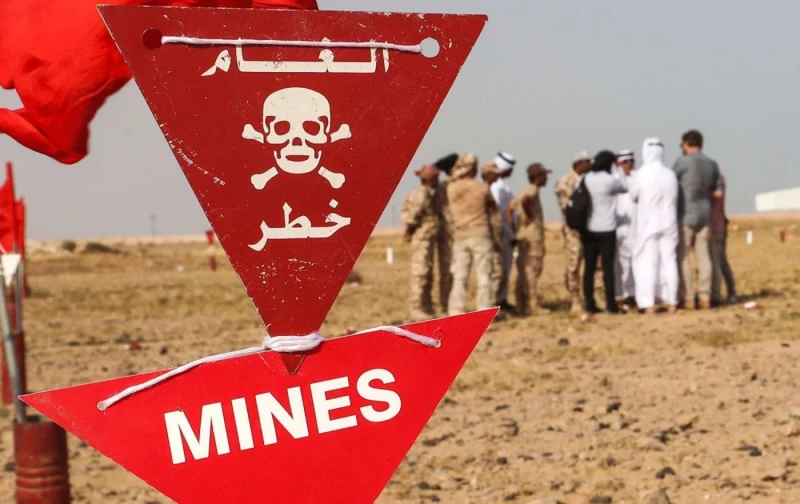Gulf Keystone, a leading independent operator and producer in the Kurdistan Region, on Friday released an operational and corporate update ahead of its 2024 Annual General Meeting (AGM), emphasizing the company's efforts to navigate the challenges of the Region’s export suspension.
"We have made significant progress since the 2023 AGM, adapting to our new operating environment following the suspension of Kurdistan Region exports,” said Jon Harris, Gulf Keystone’s Chief Executive Officer. “By transitioning to local sales and reducing capital expenditures and costs, we have generated meaningful free cash flow, strengthened our balance sheet, and returned cash to shareholders through a recent share buyback program of up to $10 million."
Harris highlighted that crude sales from the Shaikan Field to the Kurdistan Region market have remained robust.
"With gross average sales in 2024 year-to-date increasing to approximately 38,700 barrels of oil per day (bopd) and current prices improving to about $28 per barrel, our liquidity position continues to improve. Given our performance and the local sales outlook, we are pleased to declare an interim dividend of $15 million, payable in July 2024," Harris said.
Operational Highlights
Gulf Keystone has maintained a rigorous focus on safety, with continuous 24-7 truck loading operations at both production facilities and no Lost Time Incidents for over 520 days. The company reports robust local sales of Sheikhan Field crude, averaging approximately 38,700 bopd in 2024 up to June 19.
Sales in June have been slightly lower at around 40,500 bopd due to the temporary impact of Eid al-Adha celebrations on truck availability. Realized prices have recently increased to approximately $28 per barrel, reflecting local market demand.
Financial Update
Gulf Keystone’s cash balance was $99 million as of June 20, 2024, bolstered by local sales revenues, capital discipline, and low-cost operations. The company’s financial strategy focuses on generating free cash flow and improving liquidity.
Outlook
Gulf Keystone aims to maximize shareholder value from local sales while unlocking significant additional value from the potential restart of Kurdistan Region exports.
The company plans safety-critical upgrades and maintenance later this year, requiring a three-week shutdown of PF-1, with an expected gross sales impact of approximately 26,000 bopd.
Shareholder Returns
In May 2024, Gulf Keystone launched a share buyback program of up to $10 million, with over $5 million completed to date.
The company declared a $15 million interim dividend, equivalent to 6.832 US cents per Common Share, payable on July 19, 2024, with a record date of July 5 and an ex-dividend date of July 4.
Kurdistan Region Exports
The company said they are actively engaging with government stakeholders to find a solution for restarting pipeline exports, which would unlock significant value for shareholders.
Political and commercial negotiations are ongoing, with recent meetings in Baghdad involving the Federal Government of Iraq, the Kurdistan Regional Government, and International Oil Companies.
“We will continue to maximize shareholder value from local sales and remain prepared to restart exports once agreements are reached on payment surety for future oil exports, repayment of outstanding receivables, and preservation of current contract economics,” Harris concluded.
Efforts in the Kurdistan Region are gearing towards resuming oil exports, demonstrating Iraq's comprehensive approach to enhancing its energy sector amid regional and global economic dynamics.
Exports of the Kurdistan Region’s oil through the Turkish Ceyhan pipeline was halted in March 2023 after Ankara lost a case against Baghdad in a Paris-based arbitration court. The case accused Ankara of breaching a 1973 agreement by allowing the Kurdistan Regional to start selling oil independent of Baghdad.
The ruling ordered Ankara to pay $1.5 billion to Baghdad in compensation for breaching the agreement, however Turkey responded by halting exports through its pipeline.
The Kurdistan Region previously exported just under half a million barrels of oil, including around 75,000 barrels from federal controlled fields in Kirkuk, on a daily basis through the Ceyhan pipeline, however ten months of halted exports has dealt a large economic blow to both the KRG and IOCs working in the Region.
Several rounds of talks and negotiations have been held between the Iraqi government and the KRG since, however oil exports are yet to resume.



 Facebook
Facebook
 LinkedIn
LinkedIn
 Telegram
Telegram
 X
X


